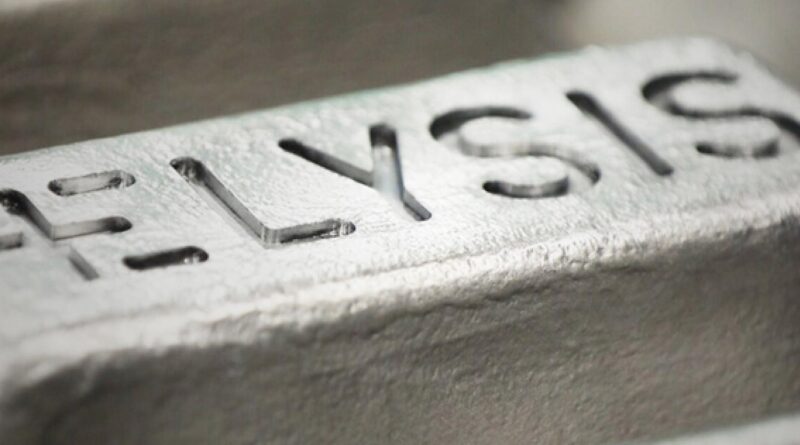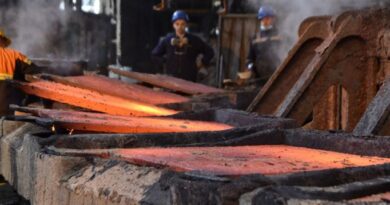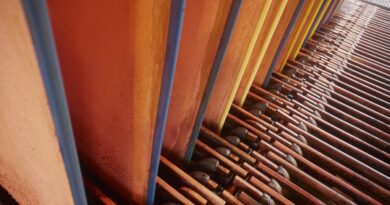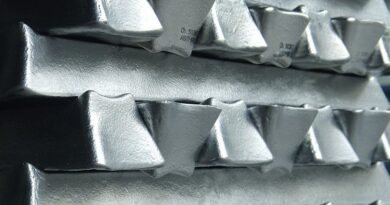Can aluminium production really be emissions-free?
Rio Tinto and Alcoa Corporation have joined forces on the most significant innovation in the aluminium industry in more than a century: carbon-free smelting.
The ELYSIS joint venture is progressing the larger scale development and commercialisation of breakthrough technology, which will eliminate all direct greenhouse gases (GHGs) from the traditional aluminium smelting process, instead producing pure oxygen.
It has the potential to reduce the environmental footprint of the aluminium industry on a global scale.
ELYSIS will develop the technology at its new research and development facility in Canada’s Saguenay region. The technology is expected to be ready for commercial sale in 2024.
The ground breaking technology addresses the global trend towards producing low carbon footprint products, from mobile phones to cars, planes and building materials. In Canada alone, the use of ELYSIS’ technology has the potential to reduce GHG emissions by 7 million tons – the equivalent of removing 1.8 million cars from the roads.
“This new technology can play an important role in helping to address the climate change challenge by delivering carbon free aluminium smelting,” says Alf Barios, chief executive of Rio Tinto’s Aluminium business.
“We are proud to be part of this pioneering project that could create significant value and allow customers to meet the growing consumer demand for responsible products.”
The technology – which can be used in both new and existing aluminium smelters – will also reduce operating costs at aluminium smelters, while increasing production capacity.
The Government of Canada, Government of Quebec and Apple are investing to support the innovation. Apple is providing an investment of C$13 million. It helped facilitate the collaboration between Rio Tinto and Alcoa on the carbon-free smelting process, and Apple has agreed to provide technical support to the JV partners.
In August 2019, ELYSIS marked the start of construction on its new Research and Development Centre at Rio Tinto’s Complexe Jonquiere, the site of the Arvida smelter, Vaudreuil refinery and Arvida Research and Development Centre. The C$50 million construction project is expected to be fully operational in 2020, employing 25 technical experts.
The Rio Tinto technology team in France is creating commercial scale designs for the ELYSIS technology so it can be retrofitted into existing smelters or used for new ones.
Rio Tinto Aluminium managing director Atlantic Operations Gervais Jacques said “The work being done to further develop this breakthrough technology here in Saguenay–Lac-Saint-Jean is at the forefront of the global aluminium industry. It can help to drive the global transition to a low-carbon economy, create significant value and allow customers to meet the growing consumer demand for responsible products.”




